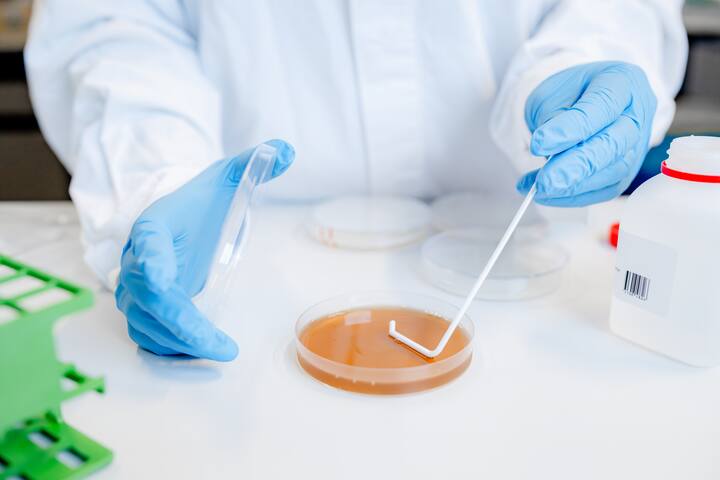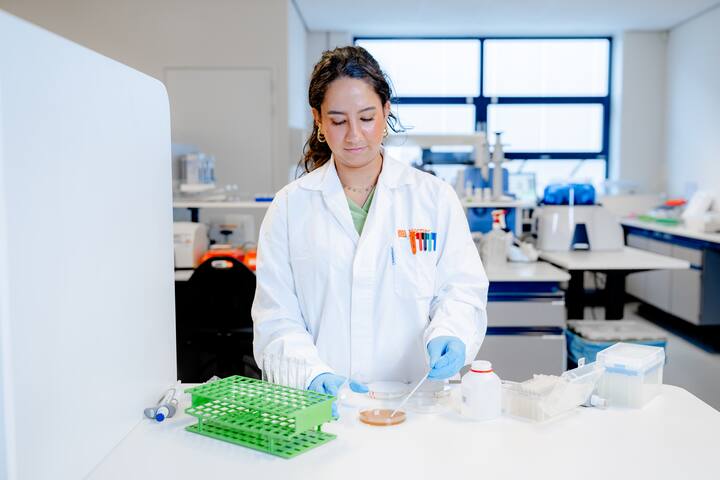
Fungi and bacteria
Fungi and bacteria
In the horticultural sector, fungi and bacteria can pose a major threat to food safety. These microorganisms can multiply rapidly and their presence can lead to crop spoilage, product loss or even health risks for consumers. It is therefore important to have regular microbiological analyses carried out to identify and control potential risks. Normec's laboratory offers you the expertise for accurate diagnostics. For a complete analysis, samples of both the crop and the roots or substrate must be submitted.
What are the possibilities at Normec Groen Agro Control?
With our state-of-the-art laboratory facilities, expert staff and extensive experience, we are your partner for microbiological control. We strive to help you minimize microbial risks and ensure the highest standards of food safety.
Mold
We can determine the following types, among others:
Alternaria | Colletotrichu | Fusarium | Phytophtora |
Sclerotinia | Botrytis | Cylindrocarpon | Leucocoprinus |
Pythium | Trichoderma | Chalara | Cylindrocladium |
Myrothecium | Rhizoctonia | Verticiccium |
Bacteria
We can determine the following types, among others:
Agrobacterium | Pseudomonas | Erwina | Xanthomonas |
Germ counts, various packages to detect microorganisms in water, soil and roots
Controle op microbiologie in water wordt vaak gedaan op basis van telling van bacteriën en schimmels, de zogenaamde kiemgetallen in kolonie vormende eenheden per ml. Dat is dus het tellen van levende micro’s in water. Dus ook al is het ontsmet water of doseer je een reinigingsmiddel in het druppelwater, de kiemgetallen geven de nog levende micro’s weer. Voor de meeste micro-organismen hebben we referentiewaarden om te beoordelen of het uitzonderlijk hoog of in orde is voor jouw situatie. We helpen jou graag te begrijpen wat je ziet. In de bijlagen vind je respectievelijk de uitleg en de lijst met parameters. Watermonsters voor kiemgetal dienen in steriele flessen (250ml met rode dop) ingeleverd te worden.
Kiemgetal basis (MKG)
Kiemgetal water incl. Fus Pyth Phy (MSB)
Kiemgetal uitgebreid (MSP)
Kiemgetal geconcentreerd (MZG)
Kiemgetal weerbaar water (MSW)
Kiemgetal weerbaar wortels (MWW)
Kiemgetal uitgebreid + k.v.e. Pyth Phy per 1,5, 25, 100 ml (MSU)
Uitplaten Trichoderma spp. (MUT)
Uitplaten Bacillus (MUB)
Uitplaten fluorescerende Pseudomonas spp. (MUP)
Benefits of microbiological balance
Fungi and bacteria play a key role in breaking down soil organic matter, making essential nutrients available to plants. In the process, a balanced microbial community promotes healthy soil structure and improves water absorption.
Beneficial bacteria can protect plants from pathogen attack through competition for space and nutrients. Also, promoting beneficial fungi can increase plant resistance to disease.
Certain bacteria can bind nitrogen from the air and make it available to plants, reducing the need for fertiliser. Fungi can work with plant roots to absorb nutrients more efficiently.
These services might also be of interest to you
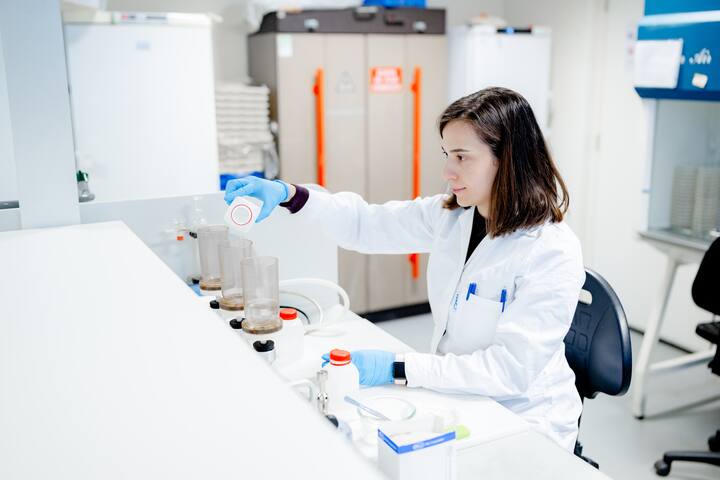
Nematoden
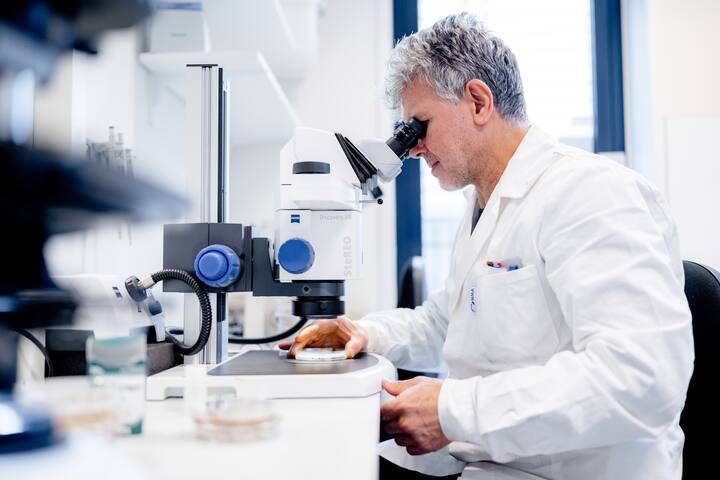
Viruses and viroids
Leading companies in this service
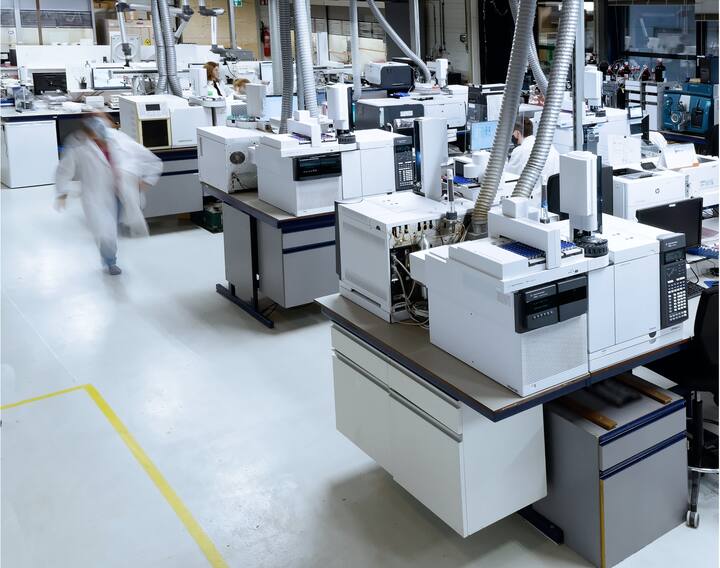
Normec Groen Agro Control
Delfgauw Netherlands
